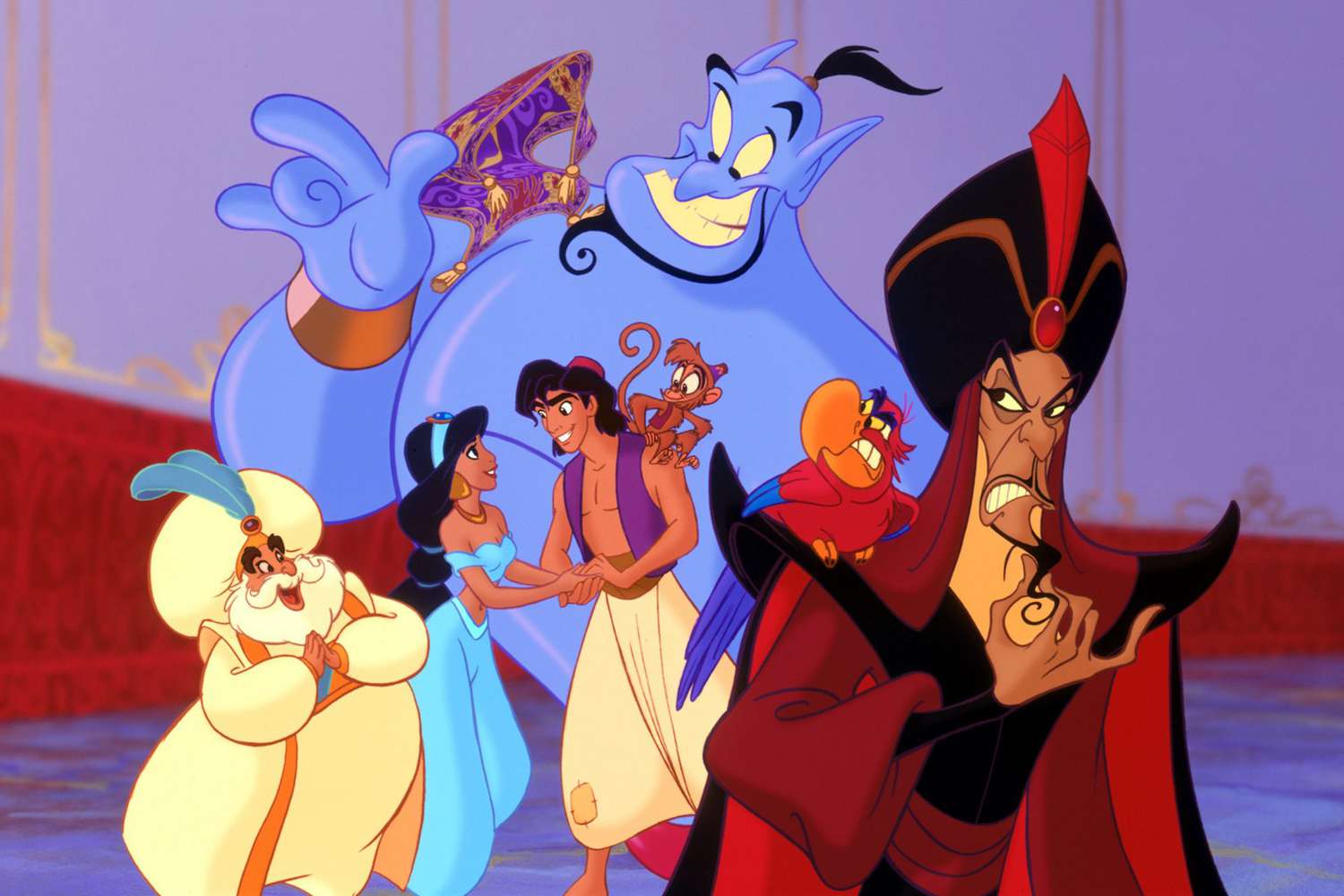Charlie Chaplin was one of the greatest actors, writers and directors that ever lived. His meticulous planning, directing and made his films ever lasting and something that withstands the tests of time. His lovable tramp character is one of the most iconic characters and have transcended films.
One of the finest films he made was actually released on this day, January 30, 1931 and that film was City Lights. This film is an underrated classic and highly regarded by most film historians and critics. After many years later and into the next generations and new millennium, does this film still hold up as one of the greatest? Well, in lieu of it’s anniversary, we’ll be going over the story, the acting and the feeling that the film has on the audience. Let’s sit back and get our bowler hat and walking stick and hobble over to our couches as we review City Lights.
The story revolves around the lovable Tramp walking around the town during daytime and evening under the city lights (get it?) and just having all these stories getting connected. Chaplin is walking around town when he meets a blind woman selling flowers. He is smitten by her and has a desire to want to be with her. After he leaves her, later on during the evening, he saves a rich millionaire from trying to kill himself by drowning. The man is drunk and decides to invite Chaplin to come with him to a party and to his house. The main problem is when the millionaire recovers from his drunken stupor, he doesn’t remember the tramp and usually kicks him out of his house.
The rest of the story revolves the Tramp trying to raise money for the blind woman so she can pay for her rent and also get some eye surgery so she can have the ability to see. The whole movie revolves around the Tramp trying to get money through many shenanigans like Chaplin’s famous boxing scene, working at a street cleaner, and getting money from the millionaire. The plot is simple and because it’s a silent movie, the acting has to be top notch just so we can get emotional and laugh and feel something as we gaze onto the big screen.
The acting, especially Chaplin, is right on point. There is a reason he is an acting legend and this is just one of his many examples of showcasing his ability to show much emotion and feeling and comedic chops without saying a single word and just use his body language and his facial abilities. When he is with the blind woman and receiving a flower, you feel how he feels based on the way he is looking at her and how he probably has never been treated so kind by a woman in a long time that you can see how much it means to him. When he saves the millionaire, he takes off the flower that he got from her because it means a lot to him and he doesn’t want to ruin it or lose it. With the silent movie limiting the dialogue to nonexistent, the acting is pantomime.
The blind woman did a great job with her acting ability showcasing her smile and her eyes are so piercing and so innocent that you want to help her and you want the Tramp to help her as well. The millionaire plays the drunken fool well. He is grandiose and over exaggerated. He is that kind of jerk who is nice while drinking but sober, is a crotchety droll, bitter man. All the main characters each have their strong suite and use it to their ability to showcase the story and make it a nice character driven expose on the Tramp and what he does in a movie that takes place over a couple of weeks in a then modern urban city.
Silent movies are different than many modern day movies. While the modern movie gets you amped up or make you happy or sad, they have a bigger production and a dialogue and a cinematography that helps you delve into your psyche to make you feel that way. Silent movies, it is all pantomime. The actors have to showcase their expressions in the face and gestures. They have to feel it all and over extend their ability to give us the chance to get any kind of emotional response. Watching this movie, I felt what the Tramp was feeling. He is so innocent and I wanted him to help the blind woman and I wanted him to succeed and win and get the girl.
With the millionaire, I wanted him to remember the Tramp and accept that he befriended a lonely poor man who walks the street. All of these emotions is what makes this movie special. They were able to touch me and make me root for them without opening their mouths and hearing them and with a camera that many of the times were stagnant and didn’t offer mood setting or any dynamic sets. It used a nice basic set and made something special with this movie because of the actors and what they were able to do with getting their emotions and acting across and reaching the audience.
Overall, this movie is fantastic. It has lasted this long and even though many of Chaplin’s works get more credit like The Great Dictator, Modern Times and The Kid, let’s not forget that this is a great movie that does show us some great comedy with the boxing scene, great emotional responses when the Tramp sees the blind woman at the end of the movie, and the frustration you feel when the millionaire runs into the Tramp at different times intoxicated. The movie hits every chord of your emotions and it is a nice movie to spend time watching alone or with a group of people who value classic movies. The movie was released in 1931, so, it is now 87 years old. Happy birthday City Lights and may you continue to be the beckon and starting point for people to admire classic silent movies.

Movie
Upcoming NTR Junior projects
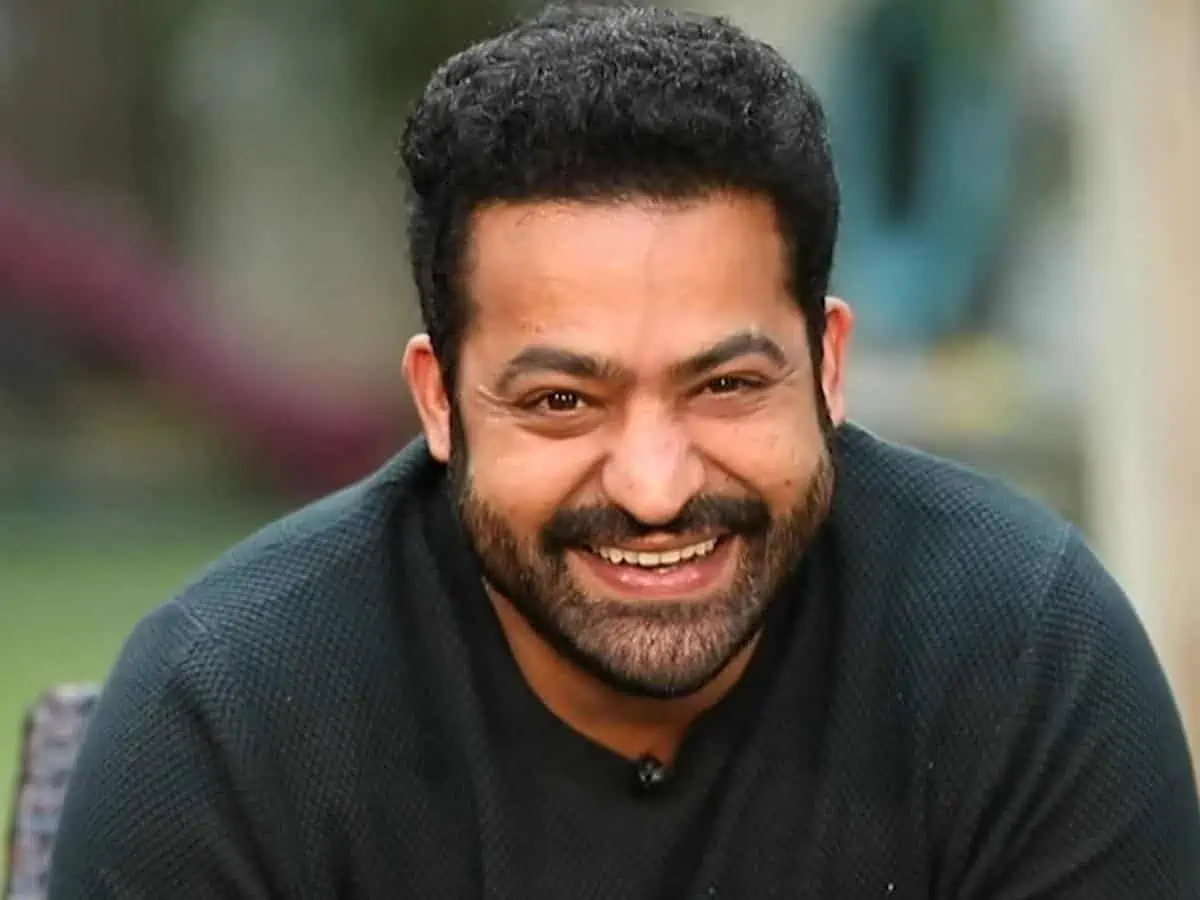
Nandamuri Taraka Rama Rao Jr., affectionately known as Jr NTR, has consistently enthralled audiences with his dynamic performances and versatile acting prowess. Following the successful release of “Devara: Part 1” on September 27, 2024, fans are eagerly anticipating his forthcoming projects. Here’s an overview of what’s next for this action superstar.
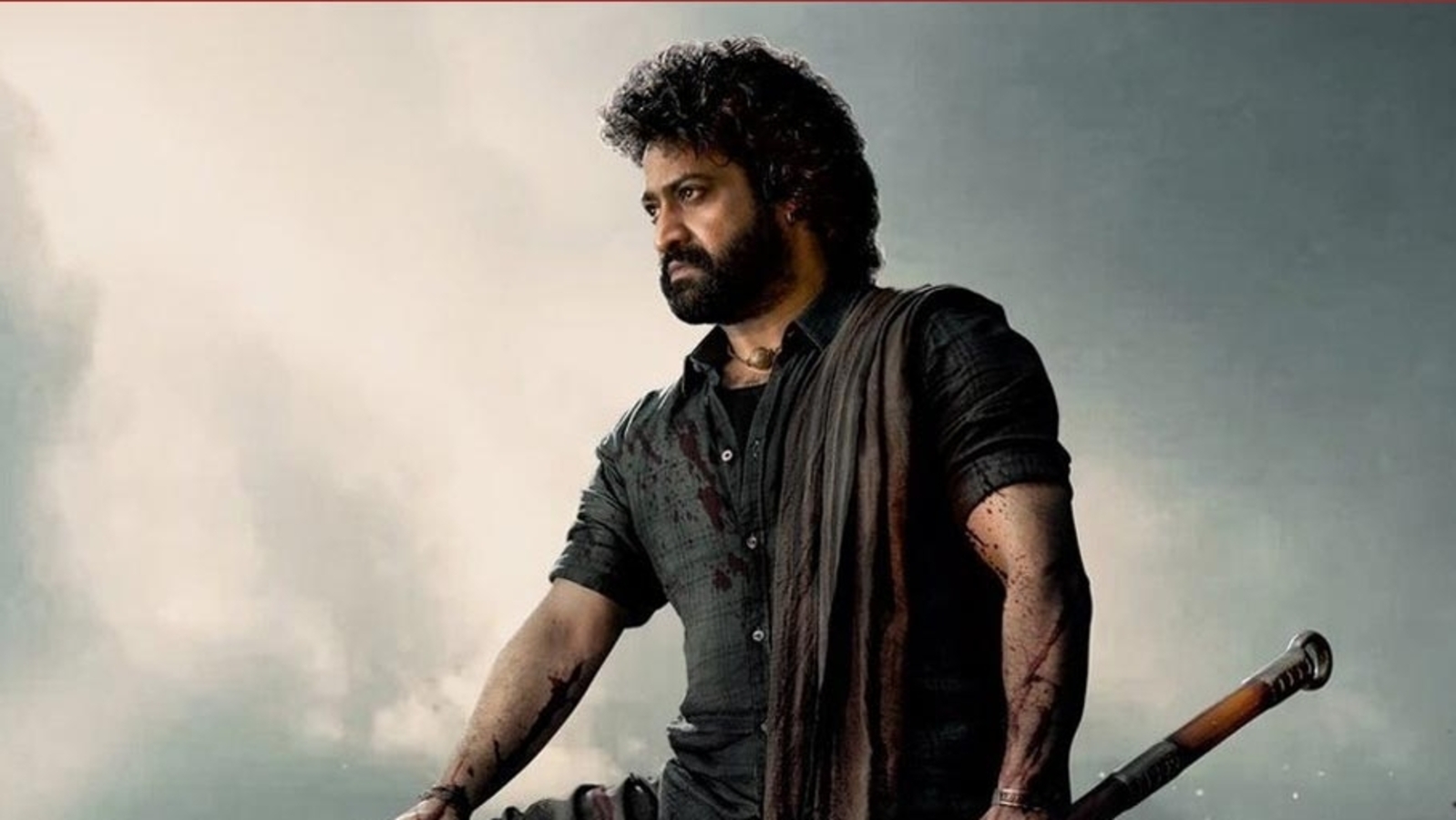
1. Devara: Part 2
After the resounding success of “Devara: Part 1,” which grossed over ₹466 crore globally, the sequel is highly anticipated. Director Koratala Siva has hinted that “Devara: Part 2” will be even more intense, stating that if Part 1 showcased 10% of Jr NTR’s capabilities, Part 2 will unveil the remaining 90%. Filming is slated to commence in the first half of 2026, with a targeted release by the end of that year.
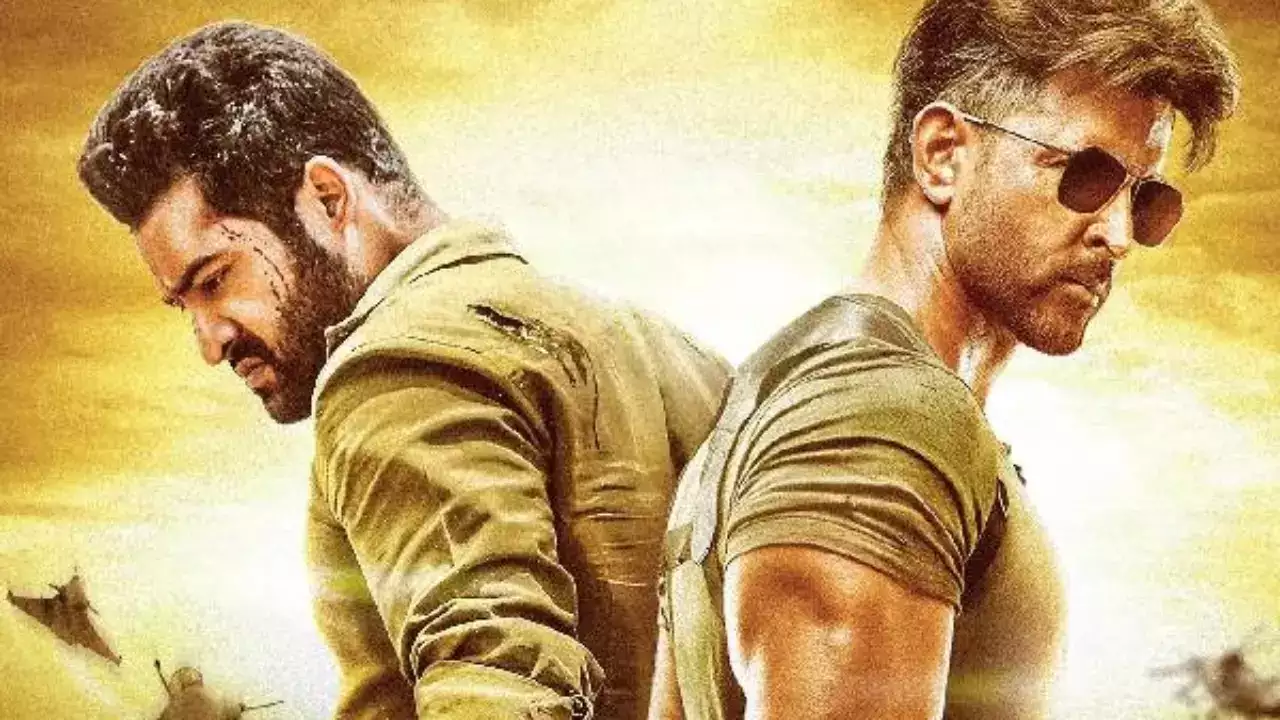
2. War 2
Expanding his horizons, Jr NTR is set to make his Hindi film debut with “War 2,” directed by Ayan Mukerji. This sequel to the 2019 blockbuster “War” will see him sharing screen space with Hrithik Roshan and Kiara Advani. The film is part of the YRF Spy Universe and is scheduled for release on August 14, 2025, coinciding with the Indian Independence Day weekend.

3. NTR 31 (Tentative Title: Dragon)
In collaboration with acclaimed director Prashanth Neel, Jr NTR will star in a period drama tentatively titled “Dragon.” The film is set to delve into themes of immigration and is expected to be one of the most expensive projects for both the actor and the director. The movie is slated for a grand release on January 9, 2026.
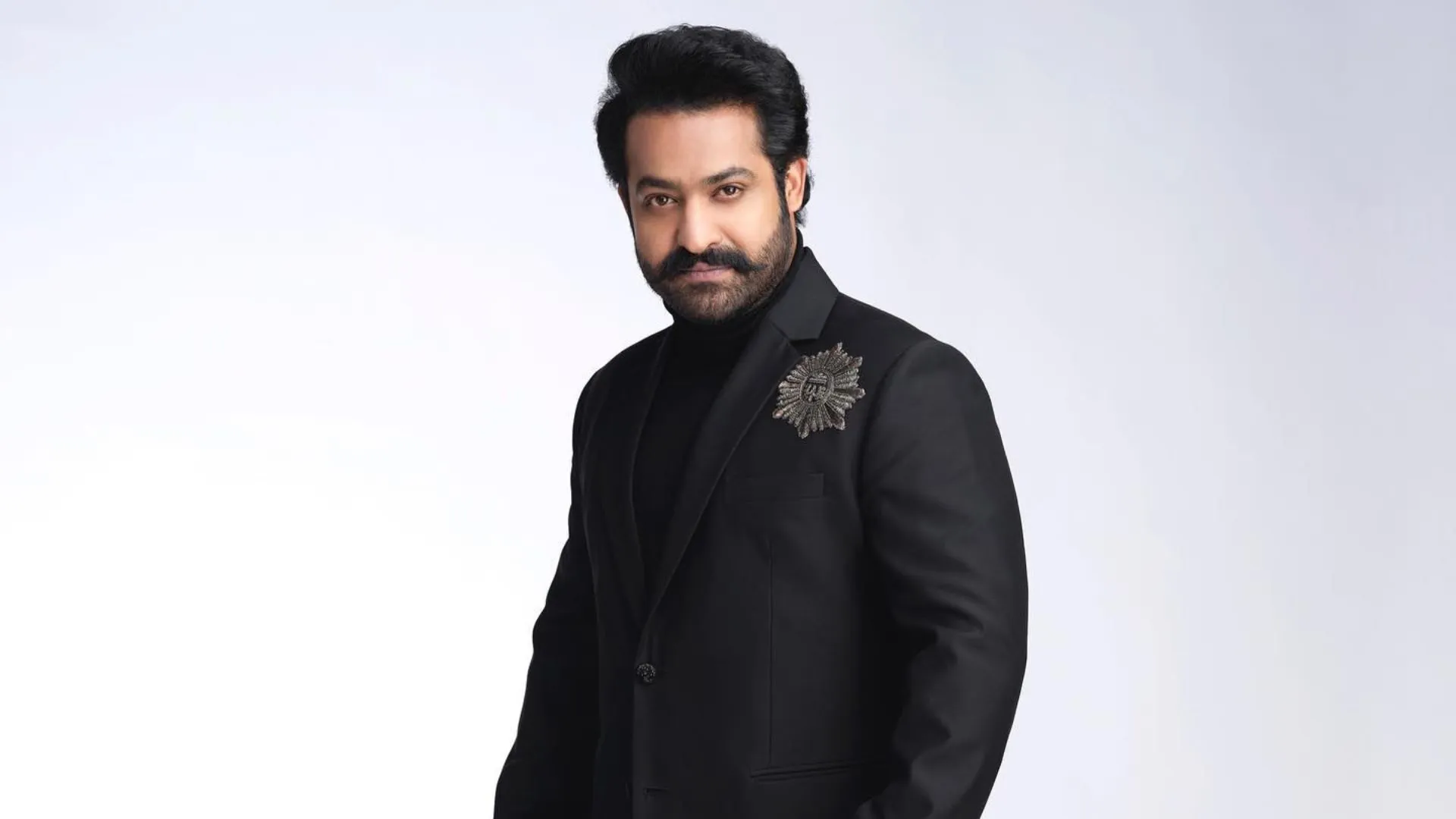
Why Jr NTR is the Action Hero Everyone Wants to See
Jr NTR’s appeal as an action hero stems from his ability to seamlessly blend intense physicality with deep emotional resonance. His performances are characterized by a compelling screen presence, dynamic energy, and a remarkable ability to connect with audiences across diverse roles. This unique combination of skills has solidified his status as a leading figure in Indian cinema, making him the action hero everyone wants to see.
With a lineup of diverse and high-profile projects, Jr NTR continues to push cinematic boundaries and captivate audiences worldwide. His dedication to his craft and ability to reinvent himself with each role ensure that fans have much to look forward to in the coming years.
Movie
“Death of a Unicorn: A24’s Twisted Fairytale You Won’t Forget”

Headed to a wilderness retreat of a wealthy pharmaceutical CEO to hopefully land a lucrative job, widower Elliot and his reluctant daughter Ridley manage to have a car accident with a heretofore-thought creature out of legend, and hijinks ensue!
Oh this is an absolute gem of a movie y’all, brought to you by the genius minds of film production company A24, a delightful blend of horror and campy, almost idiotic, comedy. Make sure your seatbelt is buckled and let’s dive into this!
So Ridley (Jenna Ortega) is you typical teenager, angsty and missing her passed-on mother, full of acne troubles and secretly vaping while her dad Elliot (Paul Rudd) ignores her for much more than appearance purposes, while he schmoozes his way into the good graces of the family they’re going to stay with. Elliot ignores everything but his continued greed, for both money and continuous stability for him and Ridley, really, he swears, so when the misty mountains cause their electronics to go haywire and Elliot’s busy with that crisis, he doesn’t notice until it’s too late and BAM. You’ve hit an actual unicorn with your car.
Like most girls, Ridley can’t help but be fascinated by the poor mythical horse-like creature, and of course she reaches out to grasp the glowing horn, filling her head full of magic and her eyes full of stars and the cosmos, while Elliot has a much more, let’s say visceral, reaction. But rather than calling, I dunno, some sort of wildlife preserve or the cops or even considering burying the unfortunate horned horse, no, the baby is loaded like a downed stag into the back of Elliott’s car and they hurry on to the CEO’s wilderness retreat.
It makes sense that the changes to Ridley’s appearance are the first thing that allows O’Dell (Richard E. Grant) and his greedy, grasping family to understand that the body of the unicorn has healing properties. Wife Belinda (Tea Leoni) is your typical utterly vapid socialite who helps the poor downtrodden of whatever’s currently popular third world country, not for the do-gooder part of it, but for the optics. And their son Shepard (Will Poulter) is a walking poster boy for the arrogant frat boy type who could never settle on just one thing to be or do, and so he tries them all – archery, photography, mixology, music and various forms of pharmaceuticals, all while sporting these terrible fashion choices in shorts and rambling proudly about his nonexistent accomplishments. Griff (Anthony Carrigan) is the family butler and general verbal punching bag, and let us not forget the unfortunate pair of doctoral research scientists who get called in to examine the unicorn, Dr. Song (Steve Park) and Dr. Bhatia (Sunita Mani).
So we have a family of covetous types who all want to divy the unicorn up and sell its various parts for as much wealth and power as they can get, plus the pair of scientists who are flabbergasted to find themselves dissecting an actual unicorn that, hey, guess what, isn’t actually dead for really-real yet. Elliott’s trying to procure his and Ridley’s slice of the action, though honestly, his lawyerly powers of persuasion seem to be rather lacking in this regard, while Ridley is off doing some actual research on medieval unicorns and what the ancient legends in tapestries had to say about them. You know how the modern genie, with his Arabian lamp and his three wishes with their horrifically ironic consequences, actually stems from the ancient legend of that old monster, the creature born from fire that wants nothing more than to destroy all human life on Earth, the Djinn? Our modern legends and beliefs about unicorns is kinda like that.
So everyone, even our scientists with their experiments and O’Dell supposedly being an experienced animal hunter, seems to have forgotten that a horse is a mammal and therefore, has parents. And while everyone is concerning themselves with what to use the babies’ various parts for, only Ridley seems to have realized, that the babies’ sire and dam are coming for it!
We all know horses are smart, and that humans and horses can form an almost mythical bond, but when a stallion or even a dam’s ire is raised, they can attack and defend just as well as any rampaging beast, and do present a very real and dire threat. And these particular horses, with their shaggy midnight-black coats and hooves the size of monster-truck hubcaps, their fangs and absolute righteous rage at their baby being stolen, not to mention both mom and dad’s inherently magical nature, and those utterly badass war-unicorn horns, are here to wreak utter destruction and death upon the humans that would dare to eat, drink and snort, their baby!
Full of utterly ridiculous fun with human greed and the scarcely-remembered wonder of those magical creatures you heard about as a child, cheer along with the Jurassic Park-like screech of our rampaging parents to save their baby, in Death of a Unicorn, in theaters now!



